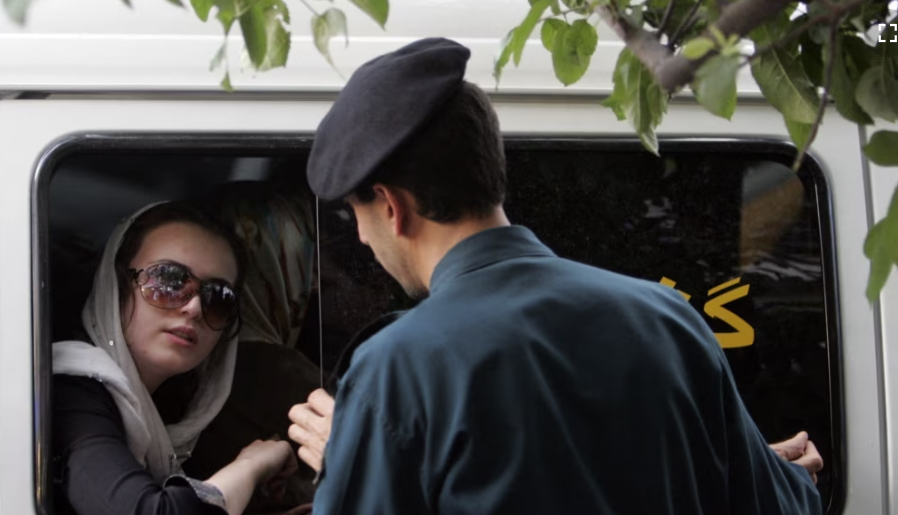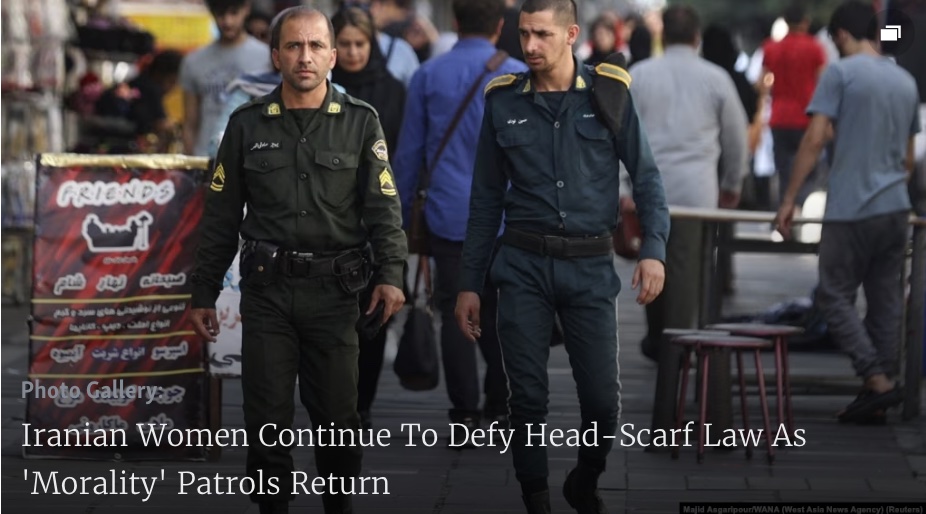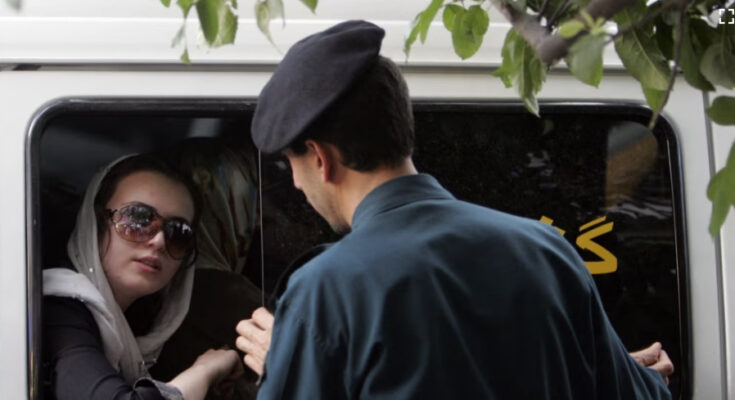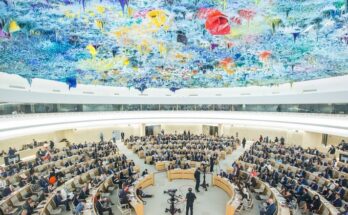Source: RFE/RL’s RadioFarda

Protests have erupted in the northern Iranian city of Rasht following an attempt by government officials to arrest three women over violations of mandatory hijab rules amid reports that the country’s leadership has ordered the resumption of so-called “morality police” patrols.
Reports suggest that the situation escalated late on July 16 when some sections of the crowd began chanting “Death to [Iranian Supreme Leader Ayatollah Ali] Khamenei” after the officials tried to apprehend the women for dress code infractions. Plainclothes individuals attempted to disperse the crowd using tear gas, leading to clashes between the group and the officials.
View this post on Instagram
The same evening, a spokesperson for the Islamic Republic’s law enforcement announced the deployment of vehicle and foot patrols to combat what he referred to as “improper” hijab usage. He warned that those who continue to defy norms with the dress would be confronted.
The morality police patrols were suspended following months of unrest sparked by the September 2022 death of Mahsa Amini while she was in police custody for an alleged head-scarf violation. Amini’s family has said she had no history of health problems and was beaten during her detention.
The return of the patrols has been met with anger, especially in light of recent citizens’ reports on social media of an increase in vans carrying morality patrol officers in the streets, particularly in large cities. The morality patrols have been sharply criticized by the European Union, the United States, the United Kingdom, and some Western allies for their role in suppressing women and violating human rights.

Unrest has rattled Iran since last summer in response to declining living standards, wage arrears, and a lack of insurance support. Labor law in Iran does not recognize the right of workers to form independent unions.
Amini’s death breathed new life into demonstrations, which officials across the country have since tried to quell with harsh measures.
Many women across the country have openly challenged the mandatory head scarf law, with many appearing in public without their hijab, or defiantly taking it off in protest.
The activist HRANA news agency said that more than 500 people have been killed during the unrest, including 71 minors, as security forces try to stifle widespread dissent.
Thousands have been arrested in the clampdown, with the judiciary handing down harsh sentences — including the death penalty — to protesters.
Written by Ardeshir Tayebi based on an original story in Persian by RFE/RL’s Radio Farda




